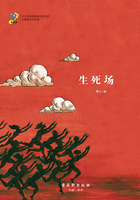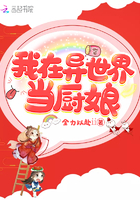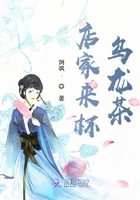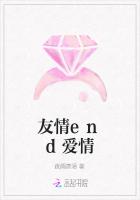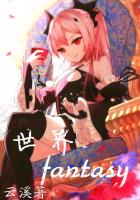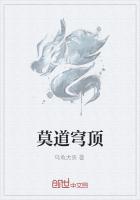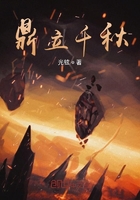Support Basic Science to Solve Medical Challenges
Dean Pizzo, members of the faculty, families, friends, and most of all, class of 2008. It is a privilege to speak on this occasion and to offer some observations on our profession and our times.
Many of you will be aware, from the signs posted all around, that this is not only a special year for the graduates of Stanford Medical School, but also for the school itself, the 100th anniversary of its founding. What fewer may know is that modern medicine or, more particularly, medical science, is only about 100 years old as well.
Little over a century ago, disease was attributed to an imbalance of humors, and the only treatments were bleeding and violent purgatives. Medical schools were trade shops funded by fees from the students, who gained licenses to inflict their ignorance on the general population. Change began in Europe in the latter part of the 19th century, with the germ theory of disease and the work of Pasteur, Koch, Ehrlich and others. Charles Eliot, then president of Harvard, was aware of these developments and of the appalling state of American medical education, and proposed to introduce medical science in the curriculum at Harvard medical school. The most powerful member of the faculty objected, Eliot actually proposes to have written examinations for the degree of doctor of medicine. I had to tell him that...more than half of our students can barely write...No medical school has thought it proper to risk large existing classes and large receipts by introducing...rigorous standards. Dean Pizzo assures me all of our graduates today can read and write. And all our graduates are imbued with the spirit of what followed in the 20th century, the rise of medicine from roots in science, from exploration in all fields from physics to biology.
If I were to ask members of this audience what were the most important advances in medicine during the 20th century, most would make a similar list: X-rays, for both diagnosis and treatment: antibiotics, which have largely eradicated bacterial disease: cell culture, which led to the polio vaccine: noninvasive imaging, especially magnetic resonance imaging, or MRI, for early detection of cancer and other conditions: genetic engineering, which is the basis of most new medicines: the list could go on. These medical advances have one thing in common: They were all discoveries made in the pursuit of knowledge for its own sake, with no idea of any application, no purpose in the prevention or cure of disease. The lesson of the past is counterintuitive: To solve a difficult problem in medicine, don’t study it directly, but rather pursuea curiosity about nature and the rest will follow. Do basic research.
“The success of medical science has become, in a way, its undoing. We are dazzled by the knowledge we have acquired and rush to apply it to medical problems. This is understandable, but often premature. Take the human genome, the true font of medical knowledge. It‘s all there, the answer to every question about human biology. The trouble is the answers are written in a language we don’t understand. It is a multidimensional and dynamic language. The products of the genome, both protein and RNA molecules, interact with one another and with the genome itself in a dance of dizzying complexity. At present, we can only dimly perceive the significance. We can grasp a tiny fraction of 1 percent of what there is to know and understand. Just imagine, if the medicine of today flows from this tiny bit of knowledge, how much more would be possible if we knew the remaining 99 percent. What more persuasive call to the pursuit of basic research can there be?
And yet this call is often unheeded. Traveling across the United States and abroad, I‘m disheartened by a shift from research to application. It’s ironic. Just as the lesson of the past century is learned, it is forgotten.
“This is not only a scientific but also a political problem. The support of basic research has traditionally come from government rather than the private sector, and for good reason. The timeline is very long-basic problems take decades to solve. Only the public, with a lifelong interest, will support such an undertaking. Industry, with a short term interest and eye on the bottom line, can hardly be expected to do so. What CEO could report to his or her board that a major investment has been made in research that may or may not become profitable in 10 to 20 years, or longer?






